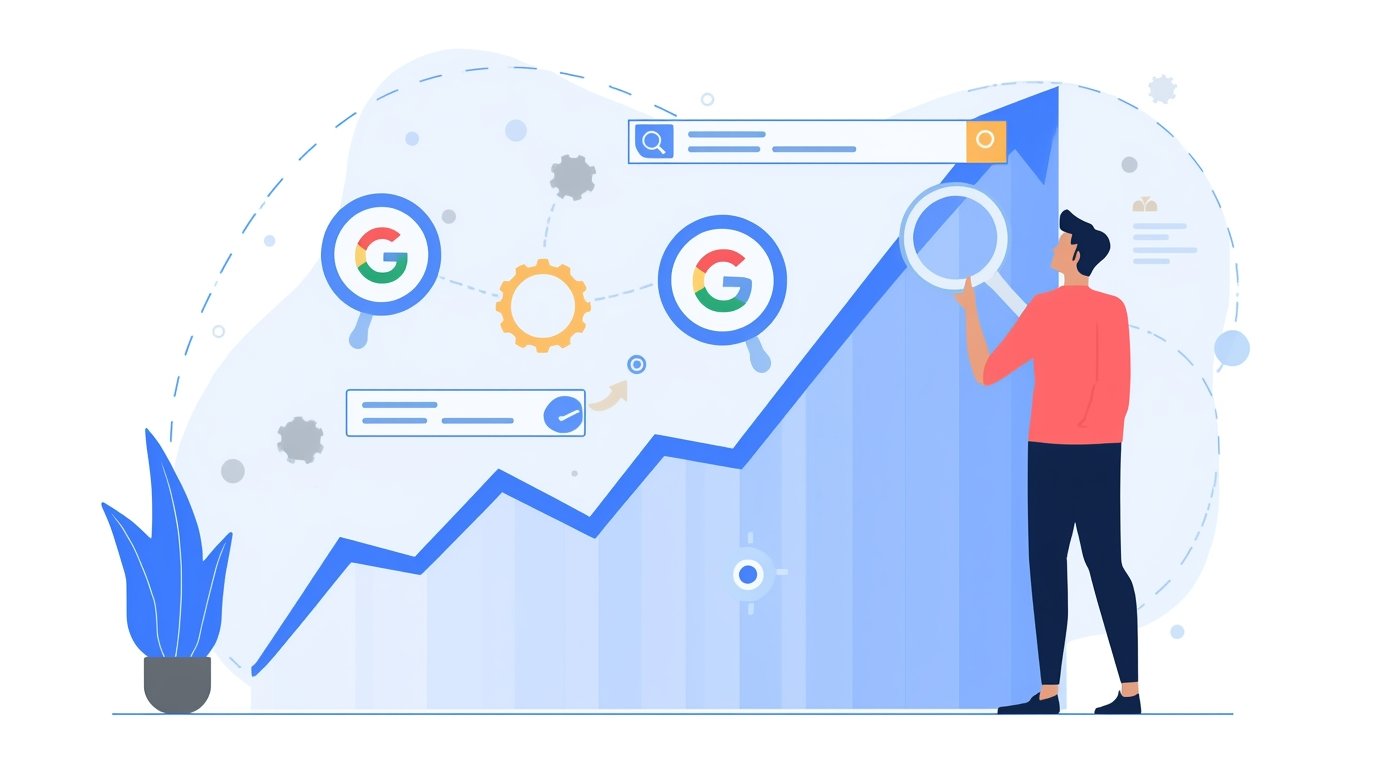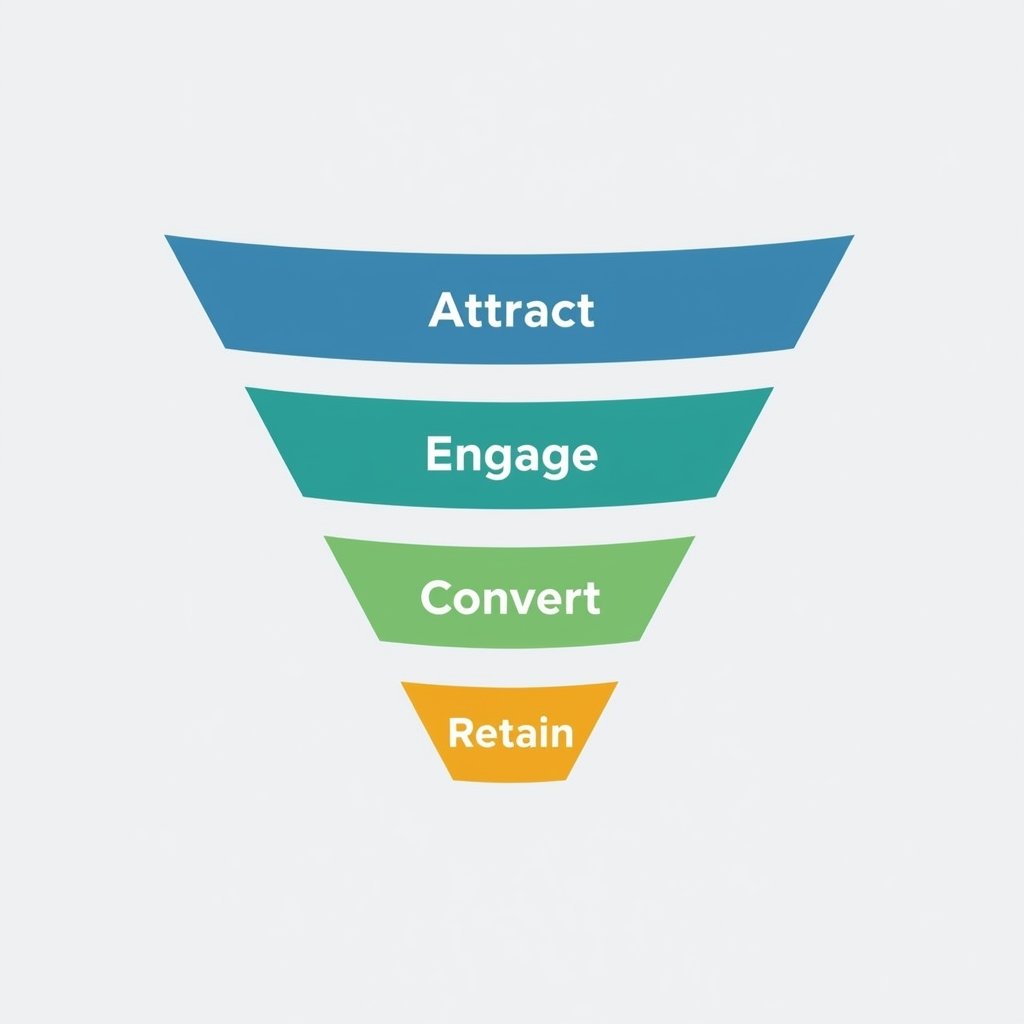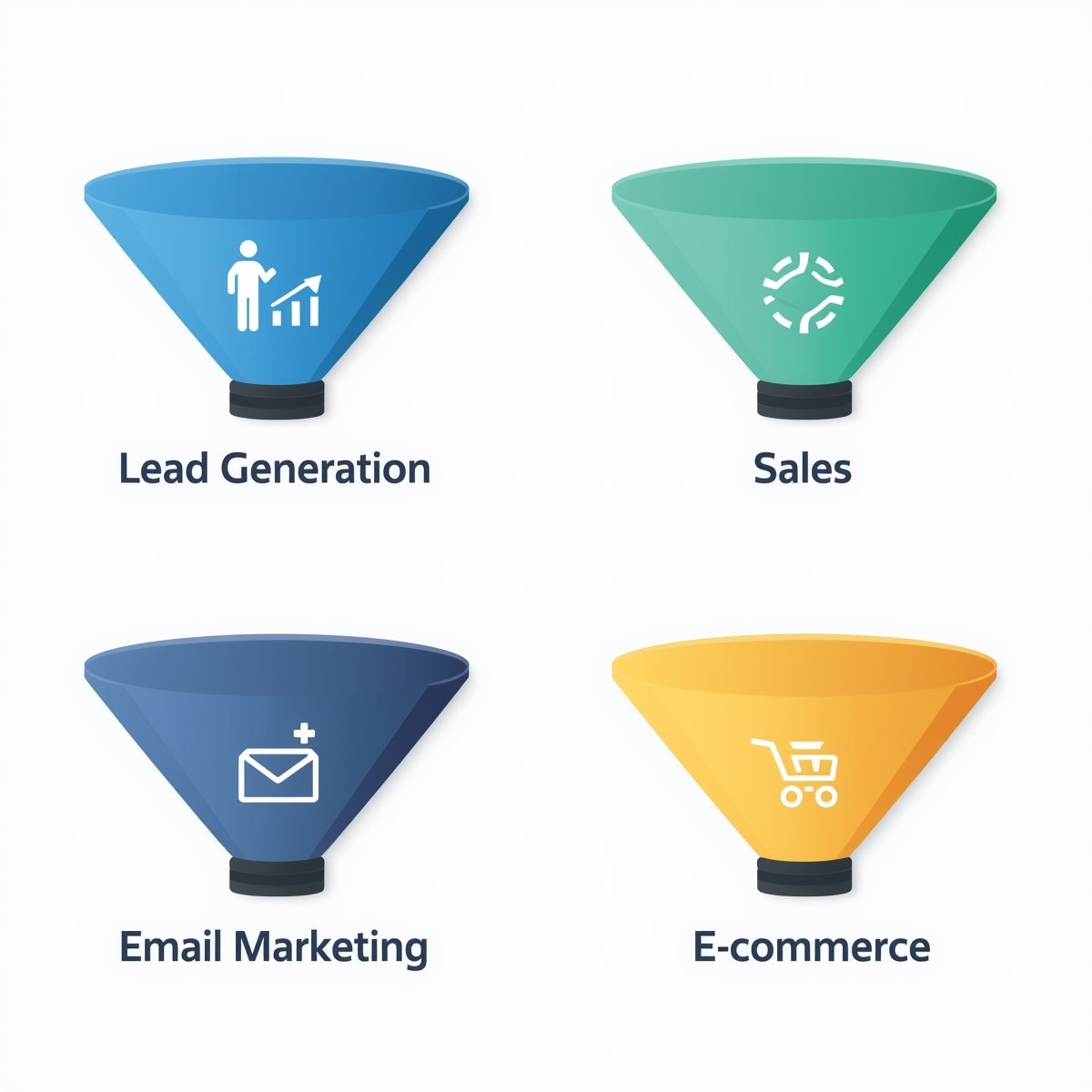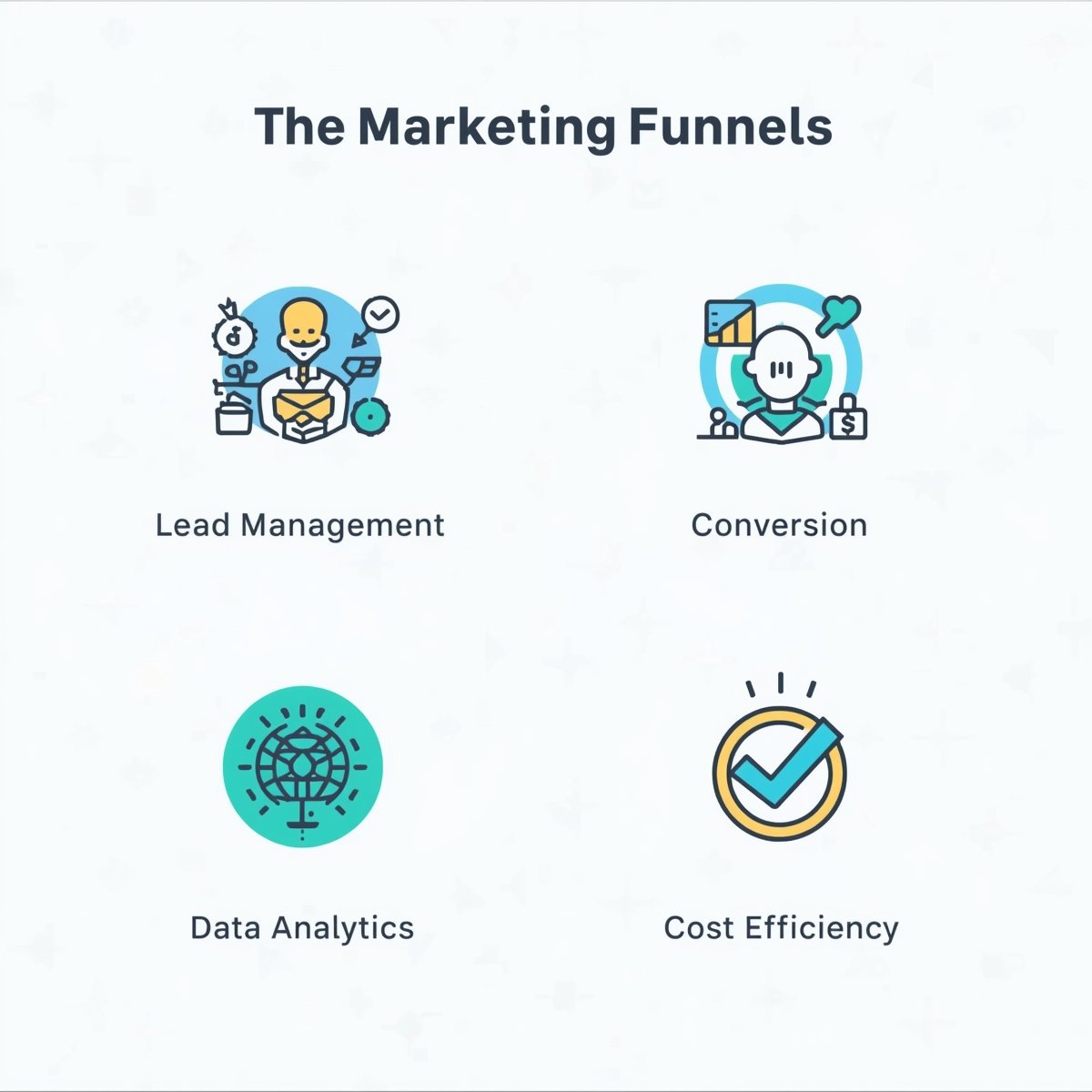
Sandeep Kaushik / September 27, 2025
Understanding Marketing Funnels and How They Work
Introduction
In today’s digital landscape, understanding marketing funnels is crucial for any business aiming to increase leads, conversions, and sales. A marketing funnel helps guide potential customers through a series of steps, from the first interaction with your brand to the final purchase. By understanding how marketing funnels work, businesses can create more effective strategies, optimize their campaigns, and ultimately increase ROI.
What is a Marketing Funnel?
A marketing funnel is a visual representation of the customer journey. It illustrates how potential customers move through different stages before making a purchase. Think of it as a funnel: many people enter at the top, but only a few make it to the bottom.
The typical funnel has three main stages
-
Top of the Funnel (TOFU): Awareness
At this stage, your audience becomes aware of your brand. The goal is to attract as many prospects as possible using strategies like blog posts, social media campaigns, ads, and videos. -
Middle of the Funnel (MOFU): Consideration
Prospects now know about your brand and are evaluating their options. Here, the goal is to nurture leads through email marketing, webinars, case studies, and targeted content that demonstrates value. -
Bottom of the Funnel (BOFU): Decision
This is where prospects are ready to convert. Your focus should be on offering personalized solutions, promotions, free trials, or consultations to encourage the final purchase.
How Marketing Funnels Work
Marketing funnels work by guiding users through a structured process

-
Attract: Use SEO, social media, PPC campaigns, and content marketing to draw attention.
-
Engage: Offer valuable content like guides, newsletters, or webinars to educate and build trust.
-
Convert: Encourage users to take action with calls-to-action, offers, and personalized campaigns.
-
Retain: After conversion, maintain relationships through follow-ups, loyalty programs, and remarketing.
This structured approach helps businesses target the right audience at each stage and optimize conversions.
Types of Marketing Funnels
There are different types of funnels based on business goals

-
Lead Generation Funnel: Focuses on capturing leads with forms, free resources, and gated content.
-
Sales Funnel: Guides prospects from awareness to purchase, ideal for product or service sales.
-
Email Marketing Funnel: Nurtures leads via automated email sequences.
-
E-commerce Funnel: Designed for online stores to drive traffic, add-to-cart actions, and purchases.
Benefits of Using Marketing Funnels

-
Better Lead Management: Helps track where prospects are in their journey.
-
Higher Conversion Rates: Optimized funnels guide users efficiently to purchase.
-
Data-Driven Decisions: Analyze each stage to improve marketing strategies.
-
Cost Efficiency: Focus resources on prospects most likely to convert.
Tips to Optimize Your Marketing Funnel
-
Understand Your Audience: Create buyer personas for targeted campaigns.
-
Use Quality Content: Engage prospects with informative and persuasive content.
-
Track Metrics: Monitor funnel stages using tools like Google Analytics.
-
Automate Where Possible: Use marketing automation for email sequences and follow-ups.
-
Continuously Test and Improve: A/B testing can reveal what works best at each stage.
Conclusion
A marketing funnel is a powerful framework to understand the customer journey and improve conversions. By strategically guiding potential customers from awareness to decision-making, businesses can maximize their marketing ROI. Whether you’re looking to attract more leads, nurture them effectively, or boost your sales, understanding and implementing marketing funnels is key.
If you want to master digital marketing strategies and learn how to create and optimize marketing funnels like a pro, check out the Best Digital Marketing Course in Karnal by Techbooz. With hands-on training and expert guidance, you can take your marketing skills to the next level and drive real results for your business.



